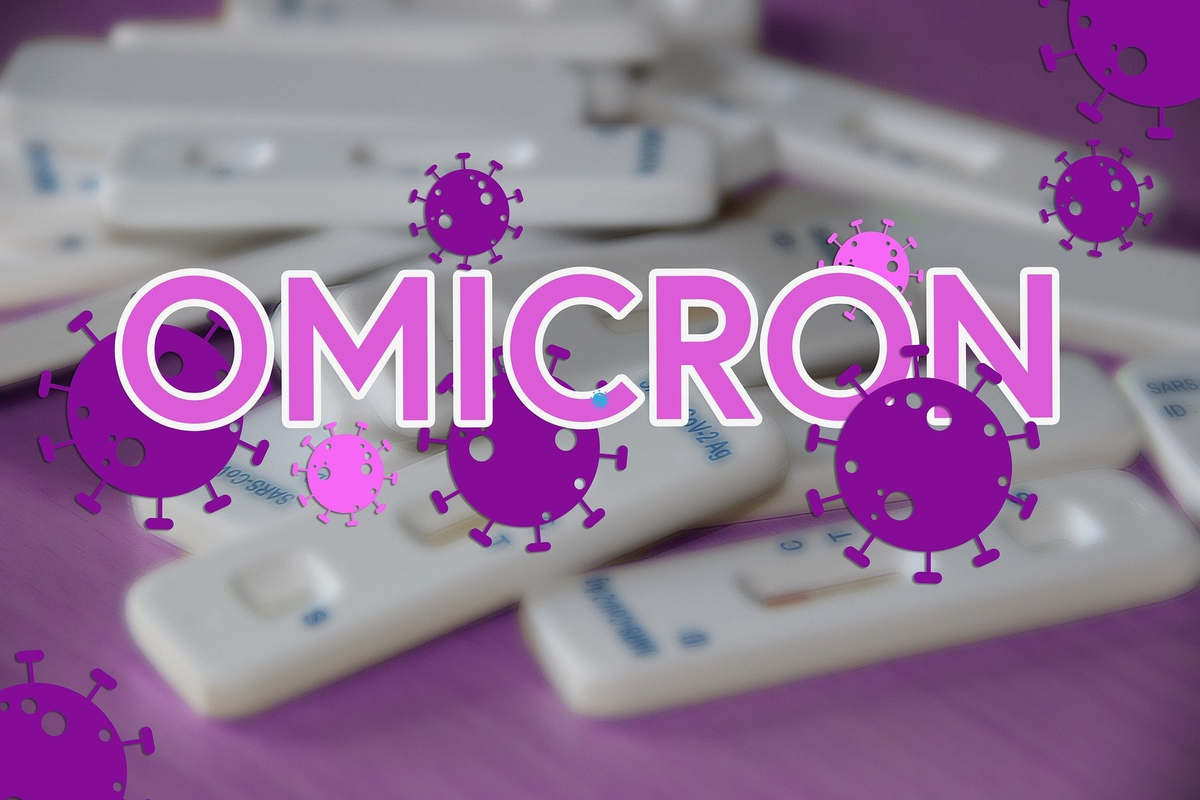Of 72,832 confirmed cases this December 21, 20% are due to the Omicron variant. With 1017 emergency room visits and an incidence rate of 544.8 per 100,000 population, the 5ᵉ wave is flooding France. But, alas, the vaccine is not very effective.
We were waiting for it, it is here. The famous Omicron variant of SARS-CoV-2 is spreading at a high speed and making more and more victims in France. Nearly 73,000 new cases on Tuesday, including 20% of positive cases due to this variant discovered mid-November 2021 in South Africa.
This variant, very contagious, “resists most monoclonal antibodies” recalls the Pasteur Institute in a press release, but it is “neutralized by the third dose”.
Three doses or nothing
The Pasteur Institute specifies that this variant “can spread in people who have had two doses of vaccine or who have been previously infected. Researchers from the Institut Pasteur and the Vaccine Research Institute, in collaboration with the KU Leuven (Leuven, Belgium), the CHR d’Orléans, the Hôpital Européen Georges Pompidou (AP-HP), Inserm and CNRS, studied the sensitivity of the Omicron variant to monoclonal antibodies used clinically to prevent severe forms of the disease in at-risk individuals, as well as to the antibodies present in the blood of individuals who have been vaccinated or who have already been infected with SARS-CoV-2. They compared this sensitivity with that of the Delta variant. The researchers showed that Omicron is much less sensitive to neutralizing antibodies than Delta. The researchers then tested the blood of people who received two doses of either the Pfizer or AstraZeneca vaccine. Five months after vaccination, antibodies in the blood were no longer able to neutralize Omicron. This loss of efficacy is also observed in people infected with SARS-CoV-2 within the previous 12 months. A third booster dose with Pfizer vaccine, or a dose of vaccine in previously infected individuals, greatly increases antibody levels to a level sufficient to neutralize Omicron. Omicron is therefore particularly insensitive to anti-SARS-CoV-2 antibodies currently used in the clinic or obtained after two doses of vaccine.”
The study was pre-published on bioRxiv on December 16, 2021.

